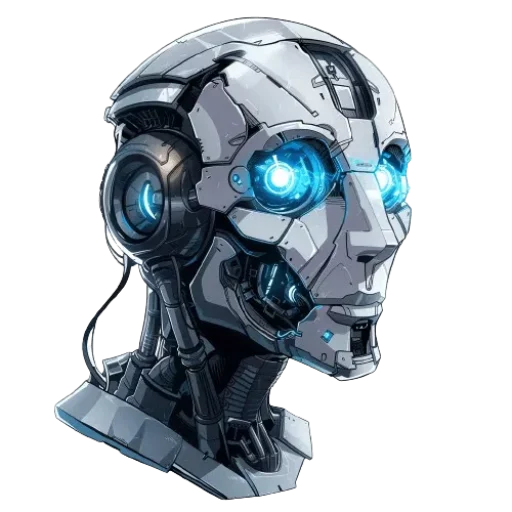Key findings
Generative artificial intelligence (GenAI) is set to impact, rather than transform, blue-collar jobs like Meter Readers in the utilities sector.
While GenAI may automate certain skills in the future, such as Information Ordering and Digital Data Processing, blue-collar workers will remain essential due to the physical nature of their tasks.
The demand for premium goods and services may even increase the need for these workers, ensuring their income share rises.
Despite the automation wave, blue-collar workers are likely to be shielded from major disruption, thanks to their unique skill set and the limitations of GenAI in performing physical tasks.
How could AI or automation replace or complement job activities?
Artificial intelligence and automation, such as Chatgpt, could potentially assist meter readers in utilities by streamlining data collection processes and identifying anomalies in consumption patterns.
However, the physical tasks of reading meters, inspecting for damages, and connecting/disconnecting services still require human presence.
For example, AI could analyze consumption data for irregularities, but a person would still need to physically verify and report any issues.
So, while AI could support meter readers by enhancing data analysis and customer service, it may not completely replace the need for human involvement in the job.
Job description
Record the usage of electricity, gas, water, or steam by reading the meter.



0 Comments